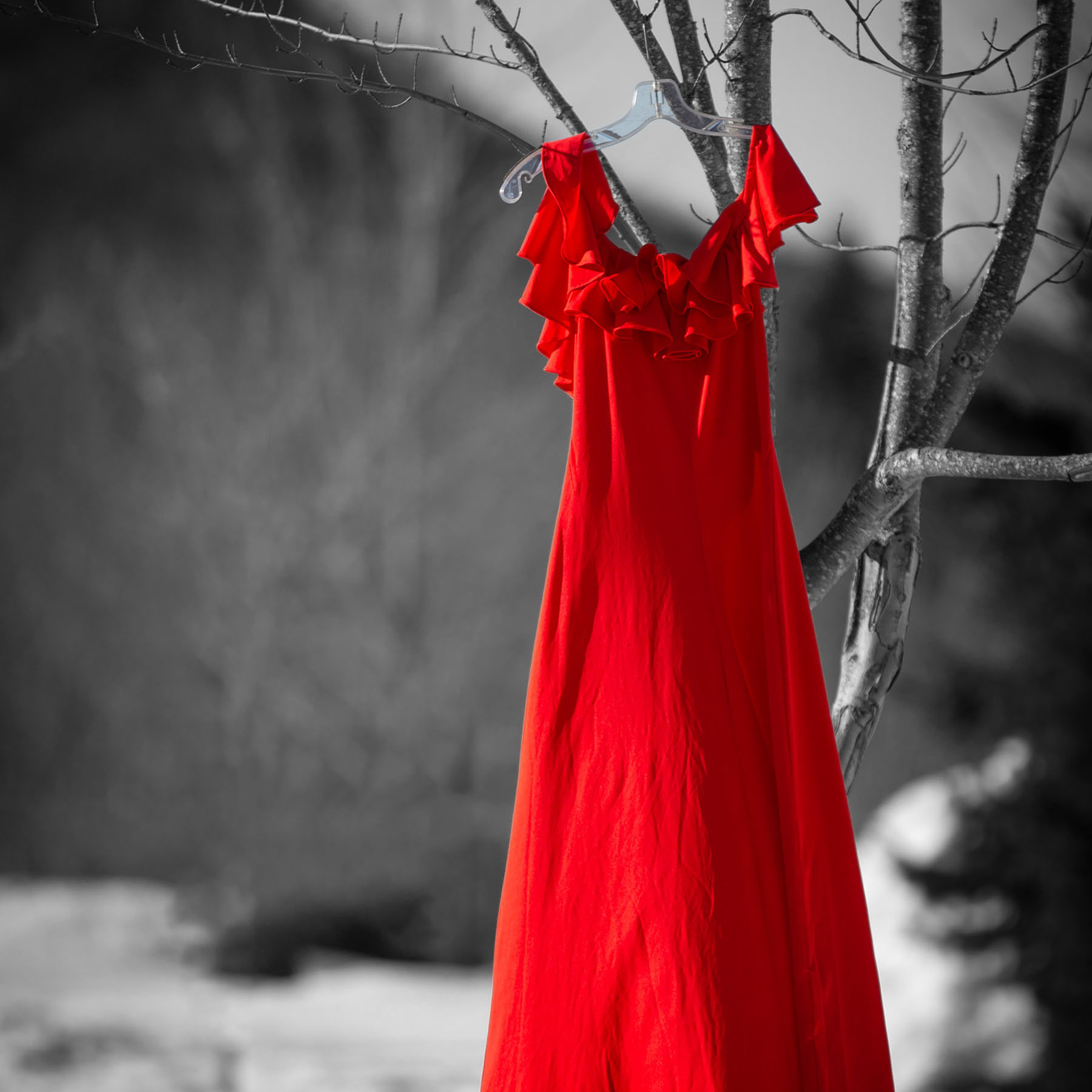Red Dress Day: No more stolen sisters

The red dress symbolizes the crisis of missing and murdered Indigenous women, girls and Two-Spirit people.

The red dress symbolizes the crisis of missing and murdered Indigenous women, girls and Two-Spirit people.
Every year on May 5 we are invited to bear witness to the need for justice for the thousands of missing and murdered Indigenous women and girls, and Two-Spirit* people across the country. It’s a somber day but also an important one.
Wendy Houston, an ONA member from Red Rock, is deeply connected to Red Dress Day.
“As an Indigenous registered nurse, Red Dress Day holds deep meaning for me. Red is a sacred colour in many Indigenous cultures — a symbol of life, spirit and resilience. When I wear red on Red Dress Day or any other day, I honour the strength of Indigenous peoples who face the impacts of colonization and systemic barriers.”
What began as a striking art project is now a growing movement for justice and protection. Our traumatic and destructive history of colonization led to an ongoing reality of racism and discrimination impacting Indigenous people, families, communities and Canadian society. Indigenous women and girls especially face oppression and discrimination.
The Assembly of First Nations tells us that:
These aren’t historical facts. News of an Indigenous woman being killed or going missing, or even dying from negligence, is all too common. We mourn Joyce Echaquan, whose death in a Quebec emergency department, was preventable. We mourn the women and girls whose remains were found in a Winnipeg landfill after sustained high-profile advocacy, a months-long fight, that finally led to a search.
That fight shouldn’t have happened. If government, police forces and Canadians had heeded the calls for justice from the Inquiry into Missing and Murdered Indigenous Women and Girls it would have been an easy choice to search the landfills.
“As a Métis leader, I carry the weight of the countless lives lost and the families left in grief,” says Houston. “Our sisters, mothers, daughters — stolen from our communities with little action taken for decades. The pain is real, and it’s personal. The systemic neglect of Indigenous women and girls reflects a failure of justice, a failure of humanity.”
These things are wrong. What happened to Joyce Echaquan, Morgan Harris and Tanya Nepinak and the thousands of others is wrong. The continued violence and danger that Indigenous women, girls and Two-Spirit people face is unfair and unjust.
But we’re ONA.
Injustice makes us angry, and anger makes us act.
The pain is real, and it’s personal.
Thankfully, we don’t need to look far for ideas on how we can each act. The final report from the Inquiry into Missing and Murdered Indigenous Women and Girls includes calls for justice that all of us can heed, including:
As ONA members, we are and work alongside Indigenous nurses and health-care professionals every day. We all deserve safety and respect.
As health-care providers, we have the power to support Indigenous women, girls and Two-Spirit people and to be an example for others.
For settlers living in Canada, we have a responsibility to right the wrongs that have been done to Indigenous people across this land. We must all commit to learning, challenge our own biases and act to diminish the damage colonization caused.
Together, we can fight for each other and for Indigenous women, girls and Two-Spirit people, who have been targeted for far too long.
“In health-care, in leadership and in our communities, Red Dress Day and MMIWG [Missing and Murdered Indigenous Women and Girls] should remind us that true inclusion means recognizing and valuing every individual’s dignity, culture and voice,” says Houston. “As an Indigenous person and nurse who carries the stories and hopes of my ancestors, I stand in solidarity for action and for a future where everyone belongs.”
Let’s join Houston and all our Indigenous sisters and siblings in making this future a reality.
No more stolen sisters.
For more information, visit the Red Dress news post on our website.
*Two-Spirit is an umbrella term for the many Indigenous traditional identities forcefully suppressed by colonization. The term honours the fluid and diverse nature of gender and attraction and its connection to community and spirituality. An individual may choose to use this term instead of or in addition to identifying as LGBTQI. (Source: Egale Canada.)
This is a standard popup that can be repurposed for general site-wide messages.
We use cookies to improve your experience on our website. To learn more, read our privacy policy.